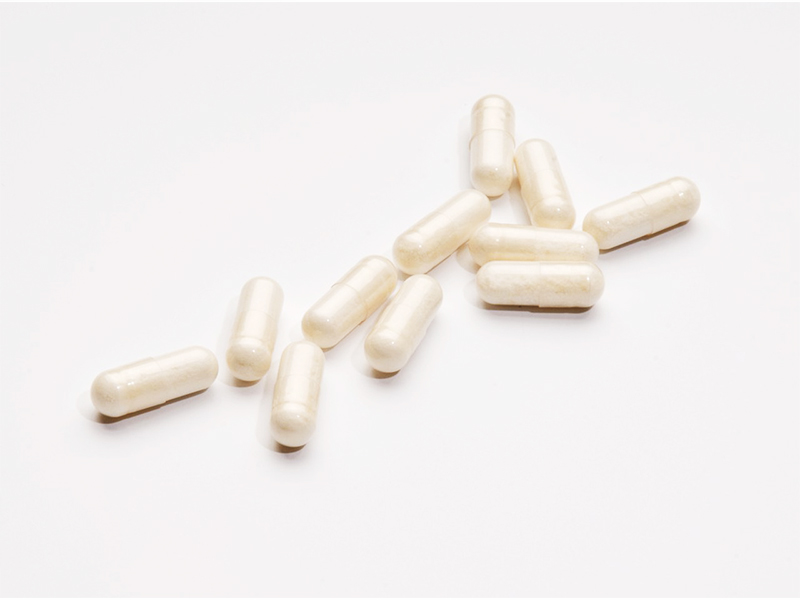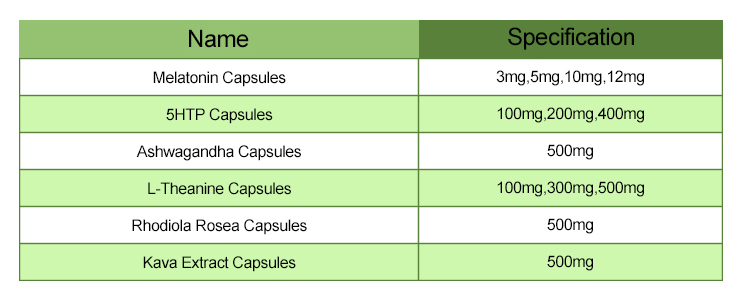Melatonin Capsules is a hormone naturally produced by the pineal gland in the brain. It plays a crucial role in regulating the sleep-wake cycle, also known as the circadian rhythm. Melatonin levels typically rise in the evening, signaling to the body that it’s time to sleep, and decrease in the morning when it’s time to wake up.
Melatonin supplements, often available in the form of capsules, are synthetic versions of the hormone. These supplements are commonly used to help regulate sleep patterns, especially in cases of insomnia or jet lag.
Here’s a breakdown of the origin, nature, and introduction of melatonin capsules:

Origin of Melatonin Capsules:
Melatonin was first discovered in 1958 by dermatologist Aaron B. Lerner and his colleagues at Yale University. They isolated the hormone from the pineal gland of cows and found it had a significant impact on the skin’s ability to change color in response to light. Since then, researchers have elucidated its role in regulating the sleep-wake cycle and its potential therapeutic applications.
Nature of Melatonin Capsules:
Melatonin is a naturally occurring hormone in humans and other animals. It’s also found in some plants. Its primary function is to regulate sleep patterns, but it also has antioxidant properties and is involved in other physiological processes, such as immune function and regulation of body temperature.
Introduction of Melatonin Capsules:
Melatonin supplements, including capsules, became popular in the 1990s as a natural remedy for sleep disorders. They were introduced as an over-the-counter (OTC) product in many countries, including the United States. Initially, they were primarily used to address jet lag, shift work sleep disorder, and insomnia. Over time, their use has expanded to include other sleep-related issues and even certain neurological conditions.

Melatonin capsules typically contain synthetic melatonin in varying doses, usually ranging from 0.5 mg to 10 mg. The appropriate dosage depends on individual factors such as age, weight, and the severity of the sleep problem. It’s important to follow dosing instructions carefully and consult a healthcare professional if unsure.
Melatonin supplements are generally considered safe for short-term use, but long-term effects are still being studied. Like any supplement, they may interact with other medications or have side effects in some individuals.
Overall, melatonin capsules provide a convenient way to supplement the body’s natural melatonin production and help regulate sleep patterns. However, it’s essential to use them judiciously and as part of a comprehensive approach to sleep hygiene and management of sleep disorders.
